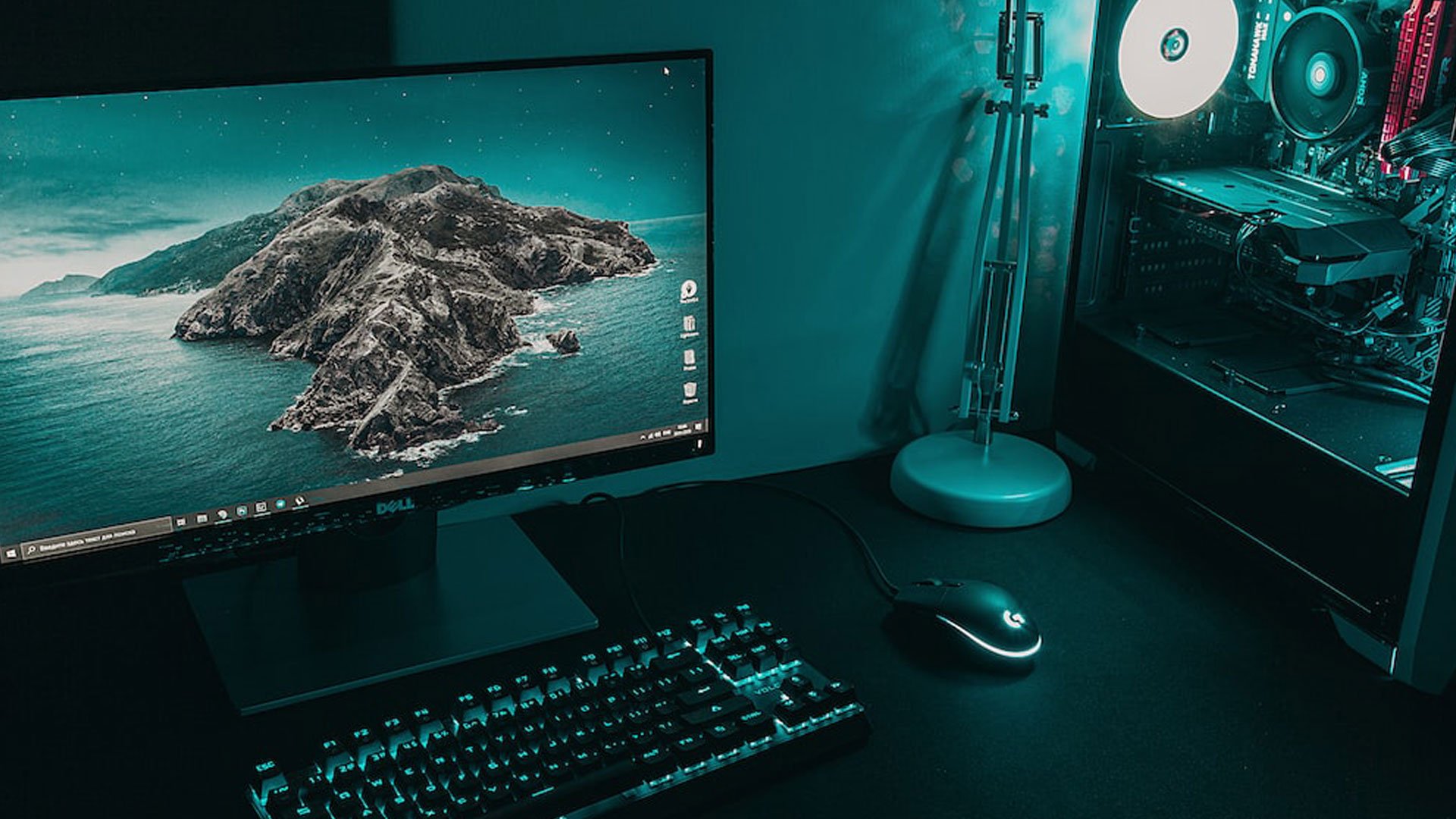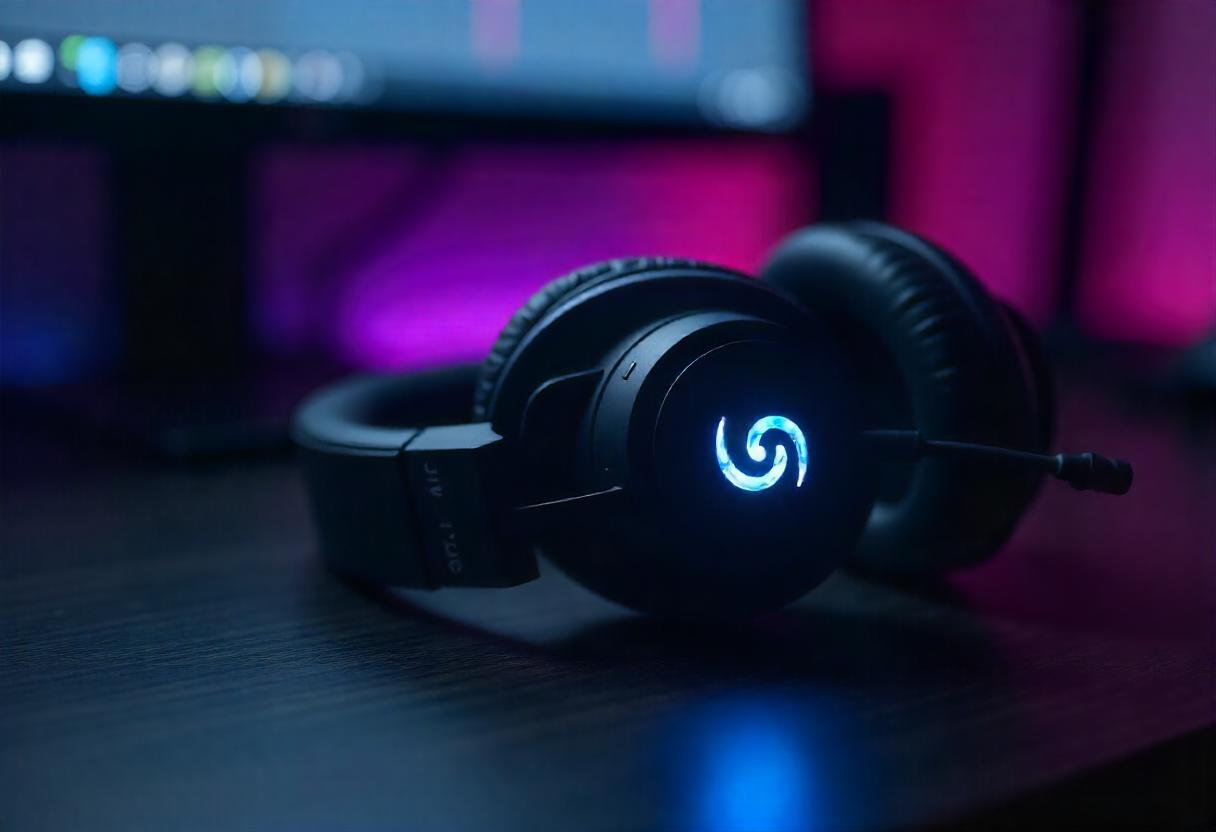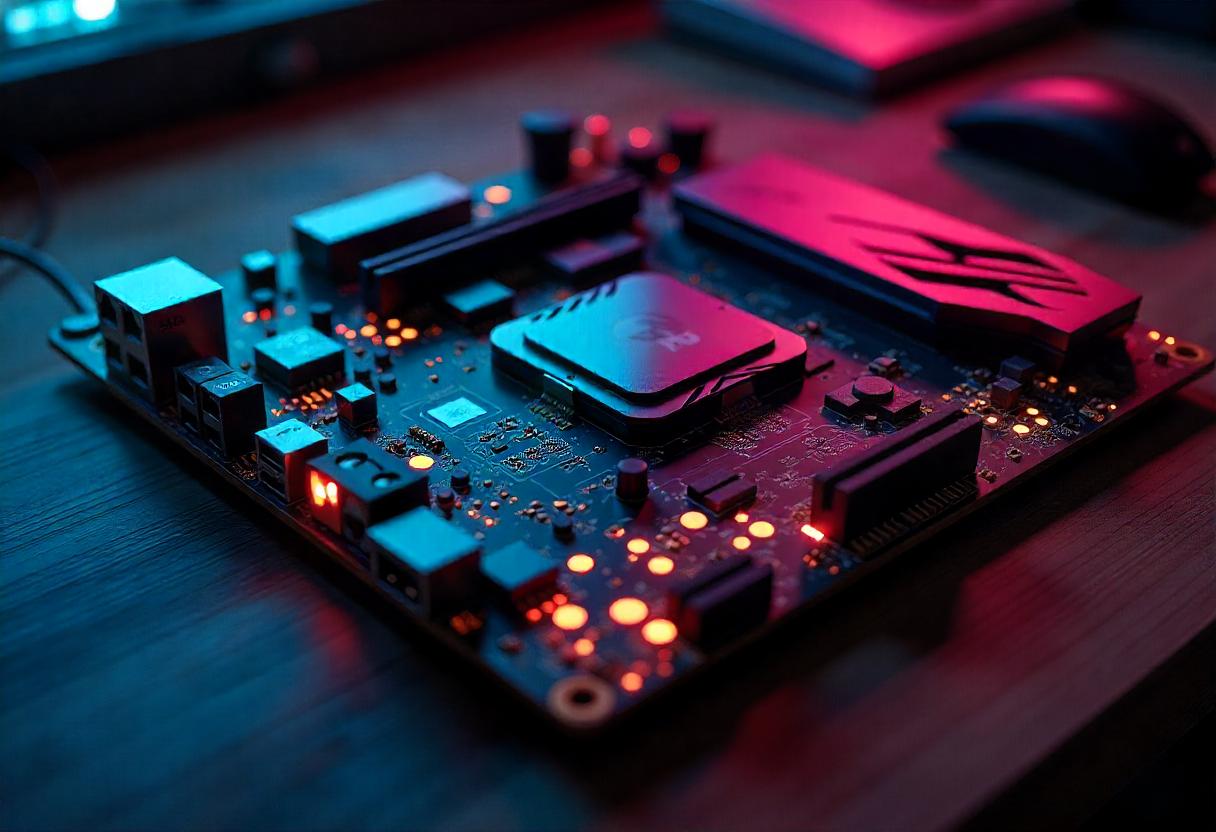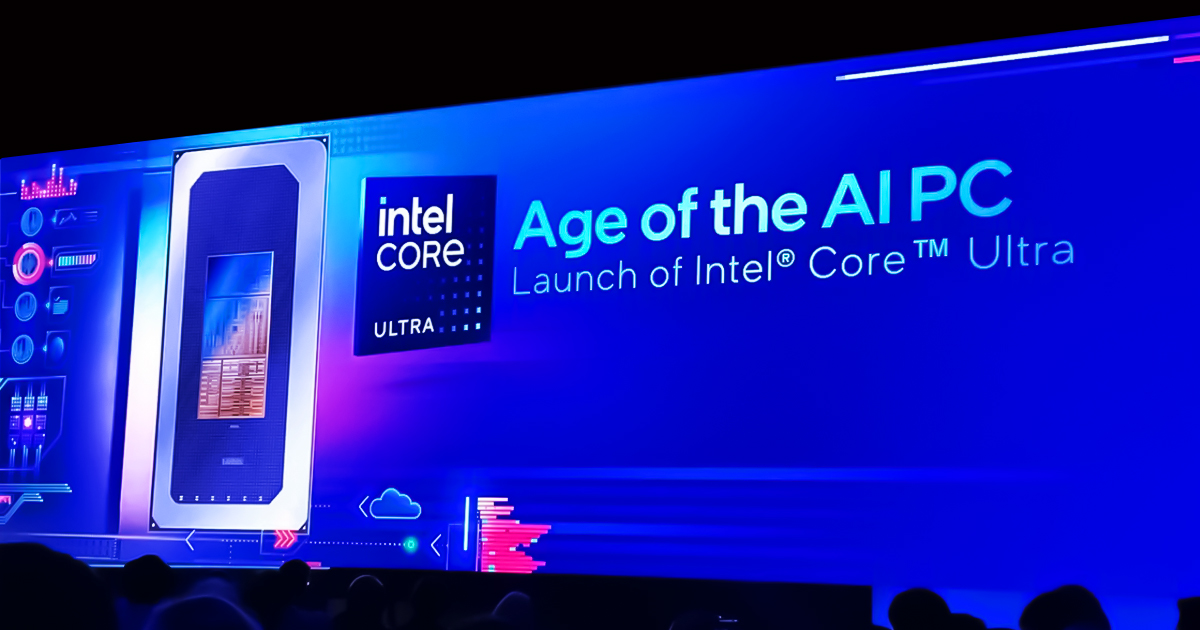 POSTED ON October 02, 2023 by Arup Ratan Paul
POSTED ON October 02, 2023 by Arup Ratan Paul Need to Know Before Buying a PC for Home Use
In today's digital age, having a personal computer at home is almost a necessity. Whether you need it for work, entertainment, or staying connected with loved ones, choosing the right PC can greatly impact your overall computing experience. With a plethora of options available in the market, making an informed decision can be challenging. To help you navigate this process, we've put together this comprehensive guide on what you need to know before buying a PC for home use.
Table of Contents
Select the Operating System
Understand Processors
Know Your Graphics Cards
Get Enough RAM
Buy Solid-State Drive
Check All Ports
Get a Bigger Screen
Have a Webcam
Let's dive into each of these points in detail.
1. Select the Operating System
The choice of your operating system (OS) can significantly affect your user experience. The most common options are Windows, macOS, and various Linux distributions. Consider your familiarity with the OS and the software you plan to use. Windows is a versatile choice with a vast software library, while macOS is known for its stability and design aesthetics. Linux is ideal for tech-savvy users who want customization and open-source software.

2. Understand Processors
The processor, or Central Processing Unit (CPU), is the brain of your computer. It determines how fast your PC can perform tasks. For basic home use like web browsing and office applications, a mid-range processor will suffice. However, if you plan to do video editing, gaming, or other resource-intensive tasks, investing in a high-performance CPU is crucial.

3. Know Your Graphics Cards
Graphics cards, or GPUs (Graphics Processing Units), are vital for tasks that involve rendering graphics, such as gaming and video editing. While integrated graphics may be sufficient for everyday tasks, consider a dedicated GPU if you have demanding graphical requirements. Brands like NVIDIA and AMD offer various options to suit your needs and budget.
_1696655945.jpg)
4. Get Enough RAM
Random Access Memory (RAM) determines how smoothly your computer can multitask. For most home users, 8GB to 16GB of RAM should be adequate. However, if you run memory-intensive applications or want to future-proof your PC, consider getting 32GB or more.

5. Buy a Solid-State Drive
Traditional Hard Disk Drives (HDDs) are slower compared to Solid-State Drives (SSDs). SSDs provide faster boot times, application loading, and overall system responsiveness. Even if you opt for a smaller SSD (256GB or 512GB) for your operating system and essential software, it's recommended for a snappier experience. You can always complement it with an external HDD for extra storage.
6. Check All Ports
Consider your connectivity needs when buying a PC. Ensure the computer has an adequate number of USB ports, audio jacks, and any other specific ports you might require, such as HDMI, DisplayPort, or SD card slots. Additionally, verify that it has the latest USB-C ports for compatibility with modern peripherals.

7. Get a Bigger Screen
The display size and quality can significantly impact your overall computing experience. For everyday use, a 21 to 24-inch monitor with Full HD resolution should suffice. However, if you plan to watch movies or work on creative projects, consider a larger screen with higher resolution and color accuracy.

8. Have a Webcam
In today's world, webcams have become essential for video conferencing, online classes, and keeping in touch with friends and family. Ensure that your PC comes with a built-in webcam or consider purchasing an external one if it doesn't. Look for webcams with good image quality for clear video calls.

In conclusion, buying a PC for home use requires careful consideration of your specific needs and preferences. By selecting the right operating system, processor, graphics card, RAM, storage, and peripherals, you can create a computing setup that enhances your productivity, entertainment, and communication. Take your time to research and compare options to make an informed decision that suits your budget and requirements. With the right PC, you'll be well-equipped to tackle any task or enjoy your favorite activities from the comfort of your home.
No Comments










Leave a comment